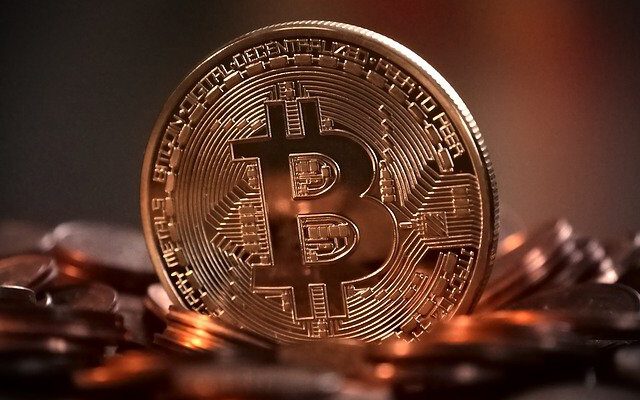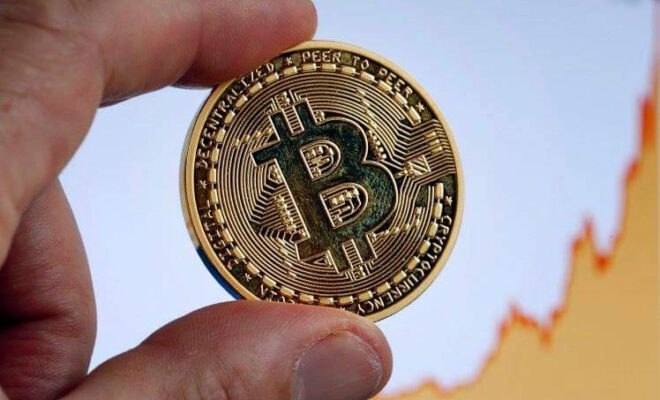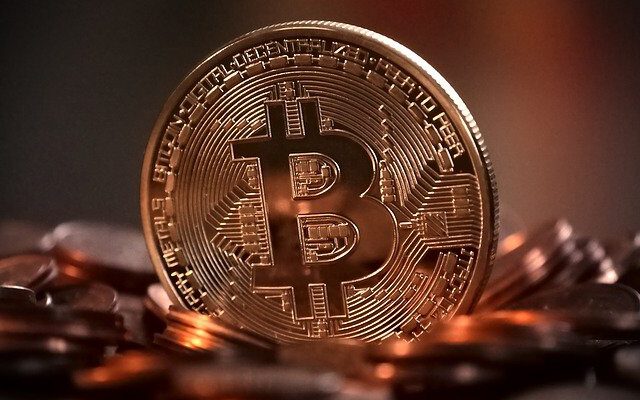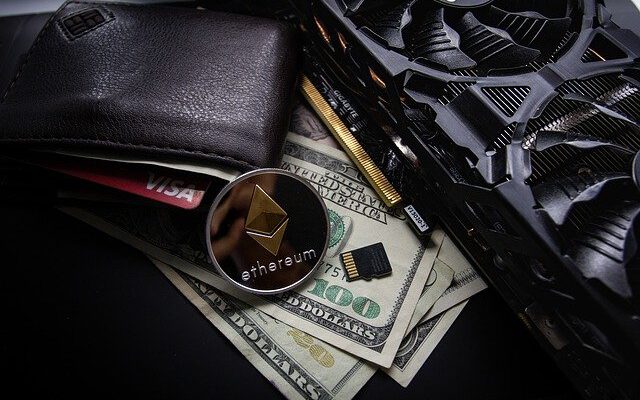Basics of Bitcoins and its Benefits

The world is abuzz about bitcoin these days and that has many people wondering what bitcoin actually is, why it is so hot right now, and what it all means for the future of eCommerce. Bitcoin does away with the need to carry debit/credit cards or money for shopping. It is a virtual currency that offers peer-to-peer transactions digitally without the need for any physical cash. It is a digital exchange that started in 2009 and is now considered to be a third type of currency. It is an alternative to fiat currencies as well as commodity currencies. Many of the counties in the world have started to legalize bitcoin payments.
What is Bitcoin:
Bitcoin is a form of digital currency and a worldwide payment system. Unlike traditional currency, such as minted coins or printed bills, bitcoin is created and held electronically. And unlike traditional currency that is controlled by a central bank, no single entity controls bitcoin and, by extension, no single authority can manipulate the value or destabilize the network. Bitcoin is exchanged electronically by users via cryptographic addresses. Third-party sites, called exchanges, help facilitate these transactions.
History of bitcoin:
The process by which bitcoins are generated is called mining. Using powerful computer processors, individual miners or groups working together essentially solve a complex mathematical problem, which not only uncovers new bitcoin but also serves to maintain the security and integrity of all bitcoin transactions that take place on the network. Specifically, transaction details resulting from the transfer of bitcoin around the world are collected into a list called a block. It’s up to miners to confirm those transactions and write them into a general ledger, which is essentially a long list of blocks, known as the blockchain. Anyone can access the blockchain to explore any transaction
Pros and Cons of Bitcoin Currency:
- Bitcoin is no longer just for computer geeks and libertarians. A growing number of mainstream investors and entrepreneurs now see bitcoin as a legitimate asset class, similar to stocks, bonds, or commodities.
- A finite supply of bitcoin could continue to drive value. It is thought that nearly 80% of all bitcoins have already been discovered and as mentioned, no new ones will be available after 2140. In addition, some are predicting demand to increase particularly if central banks decide to start buying them as foreign currency reserves.
- Bitcoin’s uptake as a mainstream payment system has been slow (except among criminal entities). To date, there is still little evidence that bitcoin will replace cash or credit cards anytime soon. Transactions are relatively slow (10 minutes in some cases) and fees are steadily increasing.
- The bitcoin bubble could burst. Over the last decade, bitcoin has been volatile with some fairly dramatic crashes, notably in 2013 and 2015. Also, experts contend that this latest exponential price increase is unsustainable and once prices drop, many buyers will exit the market.
Benefits of Bitcoin:
1 – No taxes on purchases.
There is no way a third party can identify or track a bitcoin transaction taking place. They will not know who is making the payments for a certain purchase as the identity of the buyer is anonymous. Hence, the people using bitcoins to pay for products and services do not need to worry about facing any taxes.
2 – Lower risks for buyers
The payments can be completed by buyers using Bitcoins without needing to reveal any of their financial information and personal details. This is a big advantage for buyers who feel that their personal data is not safe when doing online transactions. There is a certain amount of anonymity enjoyed by the Bitcoin holders against those that use credit cards or debit cards to make their payments. As they are more or less like digital cash, hackers will not be able to intercept it easily.
3 – Anonymity of the user
The purchases made by the user are not associated with his or her personal identity as it goes through a decentralized platform. It is more or less like a cash-only purchase and no one will be able to trace the purchase back to the correct user. The Bitcoin address that is generated for a transaction is anonymous and it will change for each and every transaction made by the same user.
4 – Lower transaction fees
The transaction fees for Bitcoin payments are very low when compared to credit and debit card purchases. It is also very low for peer to peer foreign purchases. The standard wire transfers and the foreign purchases charge the fees and the exchange costs. The transfer of digital currency also takes place very quickly and there is no need for you to go through waiting periods and authorization requirements.
5 – Transactions cannot be reversed
Most of the small merchants will be aware that the sender has the ability to reverse the payment when it is made through credit cards or banks. It would really hurt a business when the product is dispatched to the customer only to see that he or she has reversed the payment. This is not an issue at all when payments are accepted using Bitcoins. This payment method is 100% irreversible and it cannot be charged back.
While it may be unclear precisely what the future has in store for bitcoin, it has, without question, been the driving force behind elevating cryptocurrency to the collective conscience. Whether you prefer to watch the bitcoin action from the side-lines or jump right into the fray, it will be fascinating to see how this journey unfolds.














